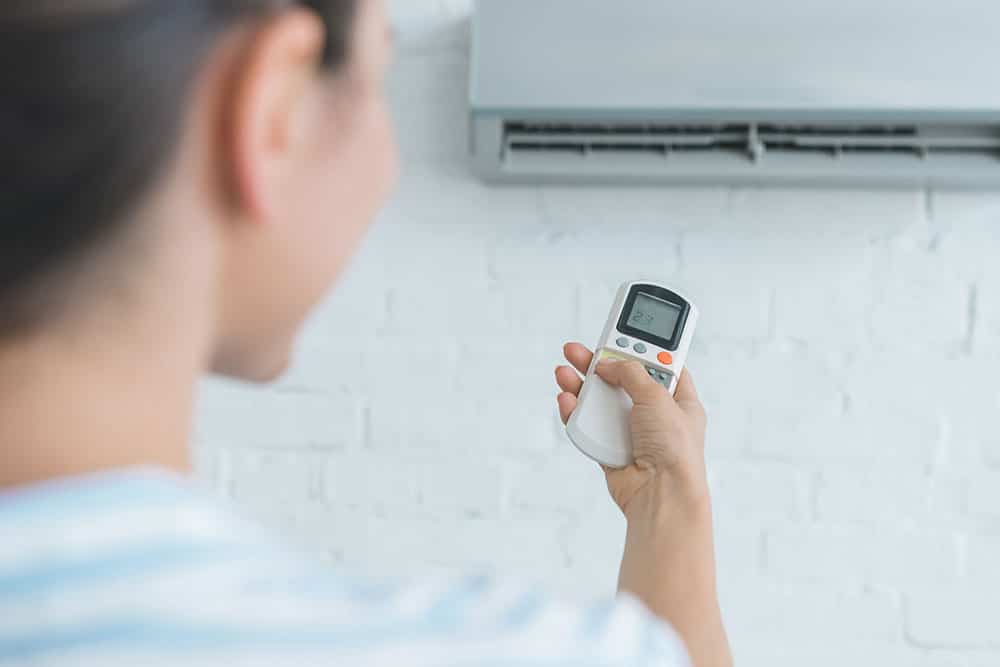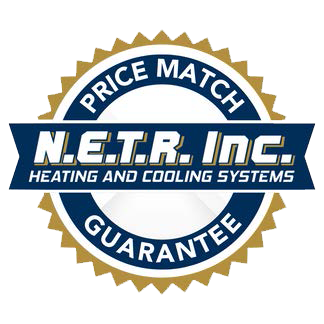HVAC systems can emit odors for many different reasons. For example, burning smells might be an electrical problem or just the dust evaporating off the heat exchanger when you first turn on your system for the winter. Or, you might smell incense burning in another room if the smoke travels through your ductwork. One smell, however, is both distinct and problematic — the odor of dirty socks.
Below, learn about “dirty sock syndrome” in HVAC and what this can mean for you. Plus, get helpful tips on how to remove the dirty sock smell from your system and how the experienced technicians at N.E.T.R., Inc. can help you.

What Is Dirty Sock Syndrome?
Your HVAC system puts in a lot of effort to keep your home temperature even throughout the day and night despite radical fluctuations in the weather outside.
Depending on how your thermostat is set, your system may switch between heating and cooling at different times during the day to keep your home comfortable. While this is what it’s designed to do, the mechanics behind it can cause a “dirty sock” odor to emanate from your system.
This is because as your system heats up and cools down, the condenser and evaporator coils inside build up condensation. Then, that moisture attracts and multiplies bacteria and other microbes that smell musty, sweaty, or like a stale basement when they decompose.
Dirty sock syndrome is most common in the spring and fall, when HVAC systems don’t get cold enough to inhibit bacterial growth or hot enough to kill existing microbes.
Is Dirty Sock Syndrome Bad for Your Health?
While this issue is thought to be harmless, it’s important to remember that odors are caused by microscopic particles of the substance you’re smelling. This means that if your HVAC system smells like dirty socks due to an overgrowth of bacteria, you’re actually inhaling tiny amounts of this bacteria into your lungs.
While dirty sock syndrome has yet to be specifically linked with any health problems to date, many people with outdated or malfunctioning heating and cooling systems suffer from headaches, poor sleep, asthma, and other conditions that are commonly attributed to something else.
Since people spend about 90% of their overall time indoors according to the American Lung Association, optimizing your indoor air quality is an important step in protecting your family’s health. Children and older adults are the most susceptible to health issues that stem from low-quality indoor air, so homes with people in these age ranges should take extra care.
How to Get Rid of the Dirty Sock Smell
Getting rid of the dirty sock smell in your HVAC system is often as simple as cleaning the evaporator coil and drain pain. However, most people aren’t able to disassemble their system to safely access the coil inside.
A technician has access to special equipment like compressed air and cleaning products that can break down accumulated dirt and grime on your coils without causing damage to other parts of your system. In some cases, your evaporator coil will need to be replaced if it can’t be adequately cleaned or if it is damaged or worn out.
Once your system has been cleaned, prevention is key to keep the dirty sock odor from coming back. Here are some helpful tips:
- Have your air ducts cleaned at least annually
- Upgrade to a media filter, which is a few inches thicker than standard air filters
- Seal your ducts to prevent dust from entering your system through small openings
- Make sure your system can drain condensation properly so buildup doesn’t occur again
- Put high-quality air purifiers in different rooms of your home
Consider avoiding artificial home fragrances like candles, incense, or air fresheners that can mask odors and delay the detection of dirty sock syndrome.
When You Need the Help of an HVAC Professional
Dealing with HVAC odors, dirty filters, and other problems caused by dirt and dust buildup can be intimidating, especially if you’re not well-versed in heating and cooling repairs. That’s what the qualified professionals at N.E.T.R., Inc. are here for.
Our team of experienced Mitsubishi Electric Diamond Elite contractors know exactly what to do to keep your system in excellent working order and can respond quickly when issues arise.
Call today to learn more about heating and cooling maintenance at (781) 757-5734 or fill out our online contact form and our experienced technicians will get in touch to answer your important questions.
